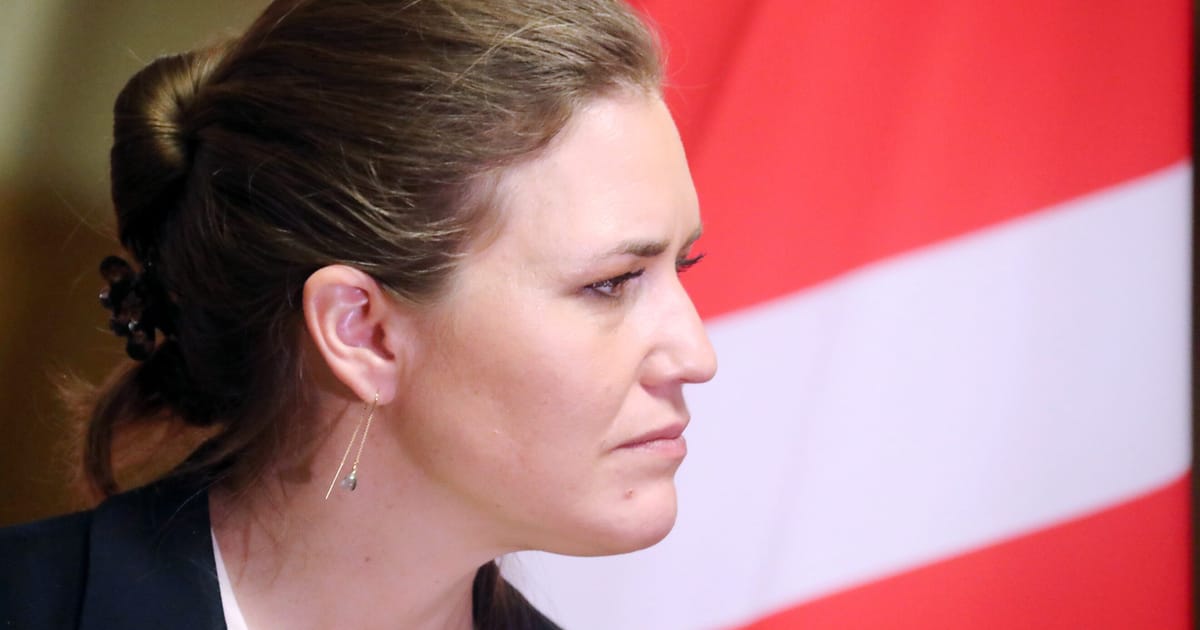

In a world where international relations and political changes often shape the course of global events, several notable developments have unfolded across different regions, each highlighting unique facets of national policies and international diplomacy.
Denmark has recently taken a significant step in its approach towards Hungary, signaling a potential intensification of European Union dynamics. Danish European Affairs Minister, Marie Bjerre, announced that Copenhagen intends to enhance the proceedings under Article 7 against Budapest. This article, often regarded as a mechanism to uphold the EU’s core values, aims to suspend certain rights from a member state, including voting rights, if there is a significant breach of EU values. The procedural move underscores Denmark’s commitment to addressing concerns over Hungary’s adherence to democratic principles and the rule of law.
Switching continents, Brazilian President Luiz Inácio Lula da Silva’s recent visit to Buenos Aires brought an unexpected narrative into the South American political landscape. Upon attending the Mercosur summit, Lula chose to meet with Cristina Fernández de Kirchner, the former Argentine president currently under house arrest, rather than engaging directly with Javier Milei, the current President of Argentina. This gesture can be perceived as a nuanced positioning within regional politics, especially in consideration of the existing tensions between Milei and his political rivals within Argentina.
In a different turn of events, Austria has made headlines by carrying out its first deportation of a Syrian national back to Syria since the fall of the Assad regime, marking a significant moment in its asylum and immigration policy. The individual in question, who had been granted asylum in 2014, lost his status following a criminal conviction. Austria’s Interior Minister, Gerhard Karner, highlighted this deportation as part of what the country views as a strict but fair asylum policy, potentially setting a precedent for future actions in similar circumstances.
Meanwhile, in a development of global significance, Russia has emerged as the first country to officially recognize the Taliban government in Afghanistan. This decision was warmly received by the Afghan Foreign Minister, who lauded it as a courageous move. Russia’s intention to foster a productive bilateral relationship with Afghanistan signifies a shift in the geopolitical landscape, opening avenues for cooperation and influence in a region fraught with complex historical dynamics.
Each of these developments, while distinct in their nature and impact, collectively illustrate the nuanced tapestry of global political affairs. From the corridors of the European Union to the evolving narrative in South America, and the shifting allegiances in the Middle East and Central Asia, these events offer a snapshot of the delicate interplay between national policies and international strategies.
In observing these unfolding stories, the global community is reminded of the intricate and often interconnected paths that nations tread in pursuit of their objectives and values. While challenges remain, these narratives also highlight opportunities for dialogue, cooperation, and mutual understanding across diverse political realms.
Source: {link}
